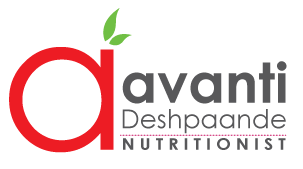Breastfeeding is an extremely crucial period for both mother and baby. It provides the baby with essential nutrients and antibodies while helping the mother bond with her newborn and recover from childbirth.

However, breastfeeding also demands a lot from a mother’s body, making it vital to maintain a balanced and nutritious diet.
Nutrient-dense foods are the priority of a breastfeeding mother. Healthy foods aid in the production of the right amount of milk and the best quality milk for the baby. The body uses calories to create each drop of milk, which is why many nursing mothers often constantly feel hungry. Instead of eating just anything, knowing which foods to consume and which to avoid is important.
Let us understand the essential aspects of the breastfeeding diet. This blog will cover these critical aspects in detail, providing valuable insights and practical advice.
How to increase milk production:

Milk production is a common concern among breastfeeding mothers. It’s important to understand that milk supply operates on a supply-and-demand basis—the more frequently you nurse or pump, the more milk your body will produce. However, diet and hydration also play a major role in optimizing this process.
To enhance milk supply, certain foods and fluids, known as galactagogues, can be incorporated into your diet. Additionally, maintaining proper hydration is essential for supporting lactation.
Galactagogues:
Galactagogues or Lactogogues is a word derived from the Greek.
Galackto means ‘milk’ and Agogue means ‘promoting the secretion’. It is the food that promotes milk production in lactating mothers. They can be found in various foods, herbs, and supplements.
Incorporating these into your diet can help boost your milk supply naturally.
Here are some effective galactagogues:
As discussed above Vitamin C is essential for iron absorption. At the same time, it is also necessary for building a strong immune system, for tissue repair and growth, especially collagen, protection from free radicals, and supporting healthy skin. The sources include citrus foods like Oranges, grapefruits, lemons, limes, Amla, berries, bell peppers, etc.
Fenugreek Seeds (Methi dana)
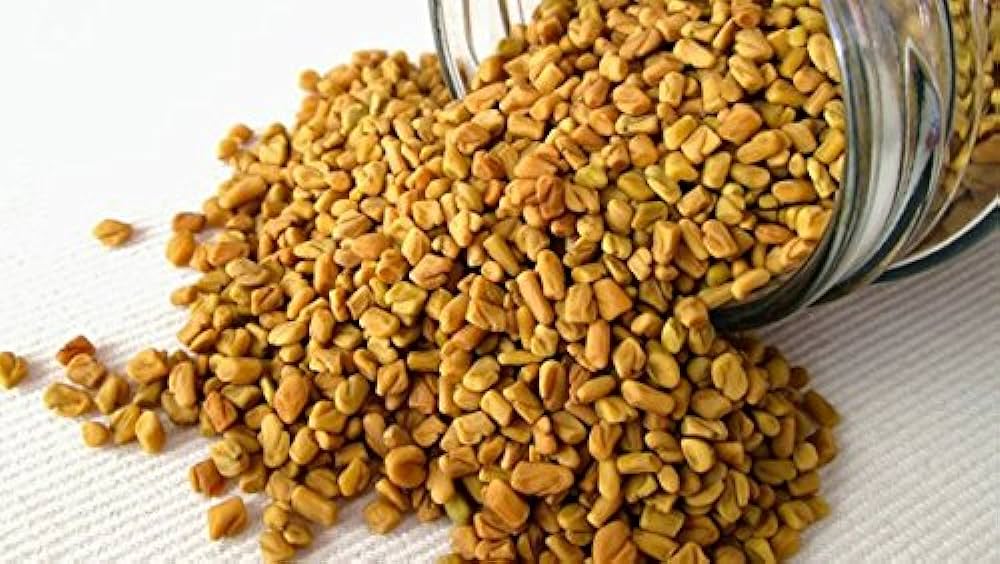
- This herb has been traditionally used to boost milk production. Fenugreek seeds can be consumed in capsule form or brewed into a tea.
- It’s one of the most well-known and widely used galactagogues.
- In fact, research has shown that mothers who consume fenugreek have a higher morning breastmilk supply compared to those who do not.
Fennel seeds (saunf)
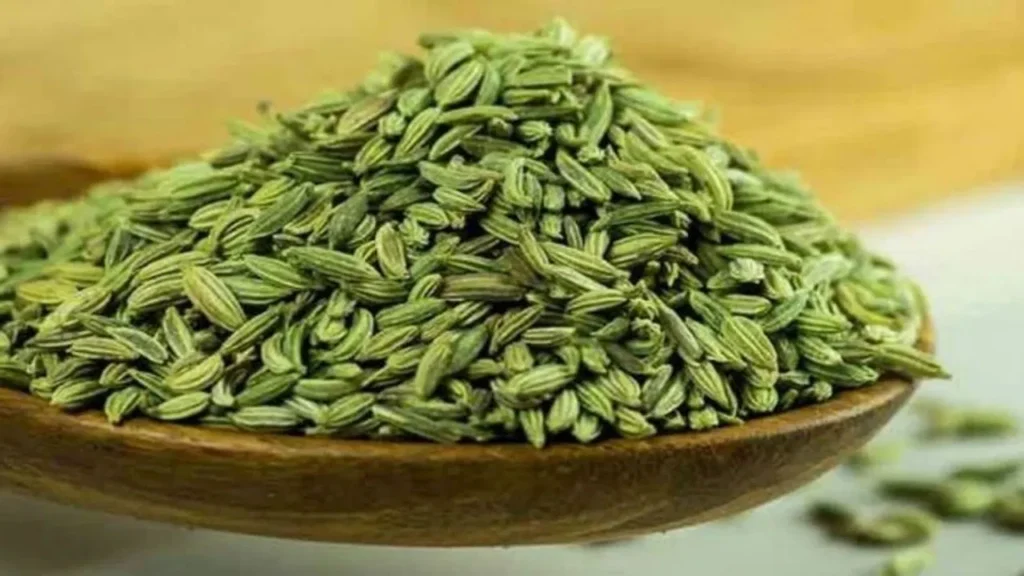
Commonly called “badishep” are another effective galactagogues.
- They contain phytoestrogens that may promote milk production.
- It can be chewed directly, used to make tea, or added to soups, stews, etc.
- Fennel is also known for its digestive benefits, which can be helpful for both mother and baby. It increases milk volume, fat content, and infant weight gain with fennel as a galactagogue therapy.
Garden cress seeds (Halim Seeds)
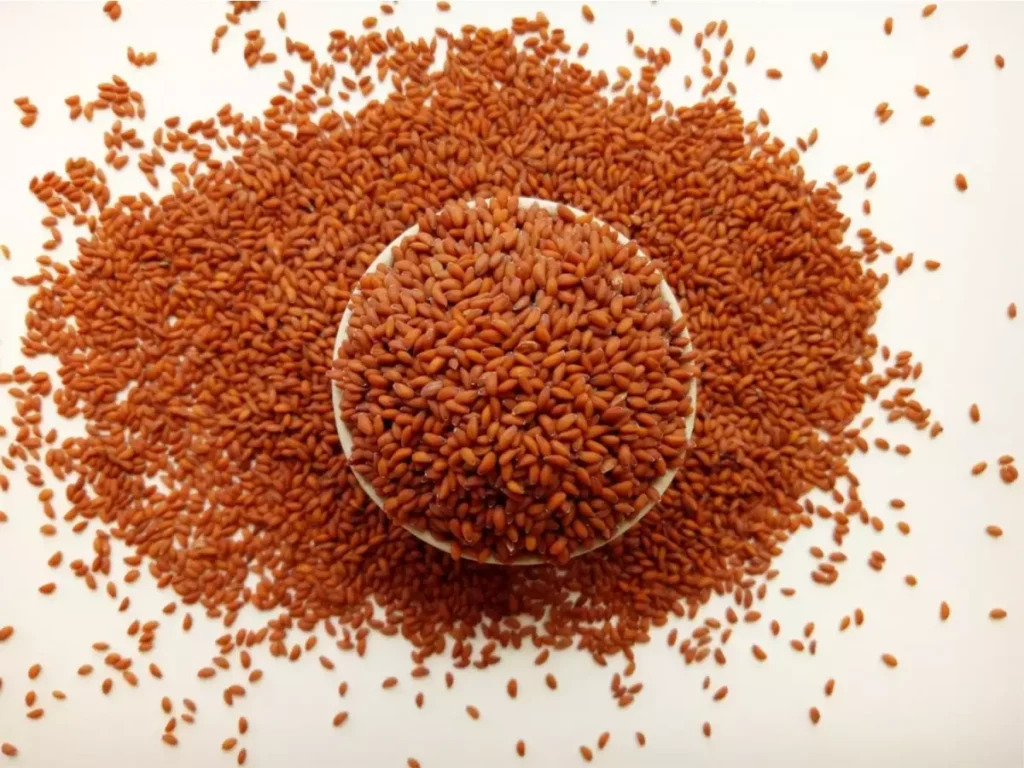
Often called “Halim” or “Aliv” are a very traditional yet effective galactagogue.
- Garden cress seeds show promise as a natural galactagogue due to their nutritional richness and traditional use.
- It contains alkaloids and flavonoids. Studies showed that these seeds increase hormones like dopamine and prolactin which promote breastmilk production.
- Traditionally Halim seed laddoos are made, where dates can be an alternative to sugar and jaggery. Additionally, you can also consume this as porridge or it can be soaked and consumed directly.
Poppy Seeds (Khas Khas)
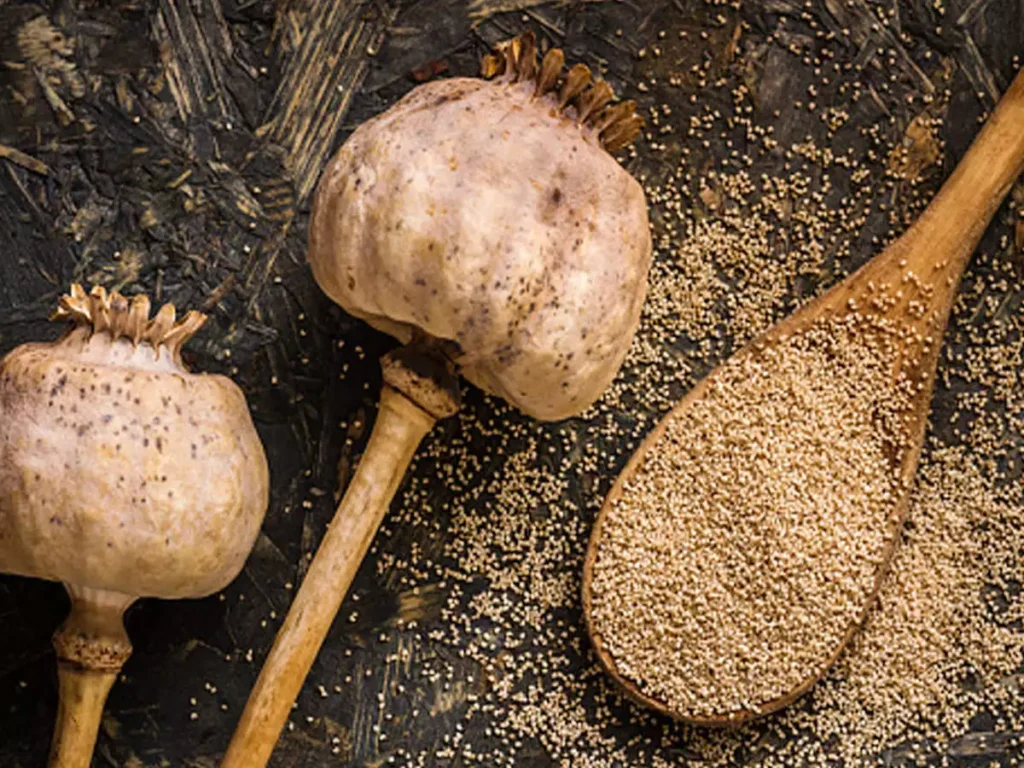
Poppy seeds contain calcium, iron, magnesium, and healthy fats, and their mild sedative properties could aid relaxation, facilitating better milk production.
Almonds
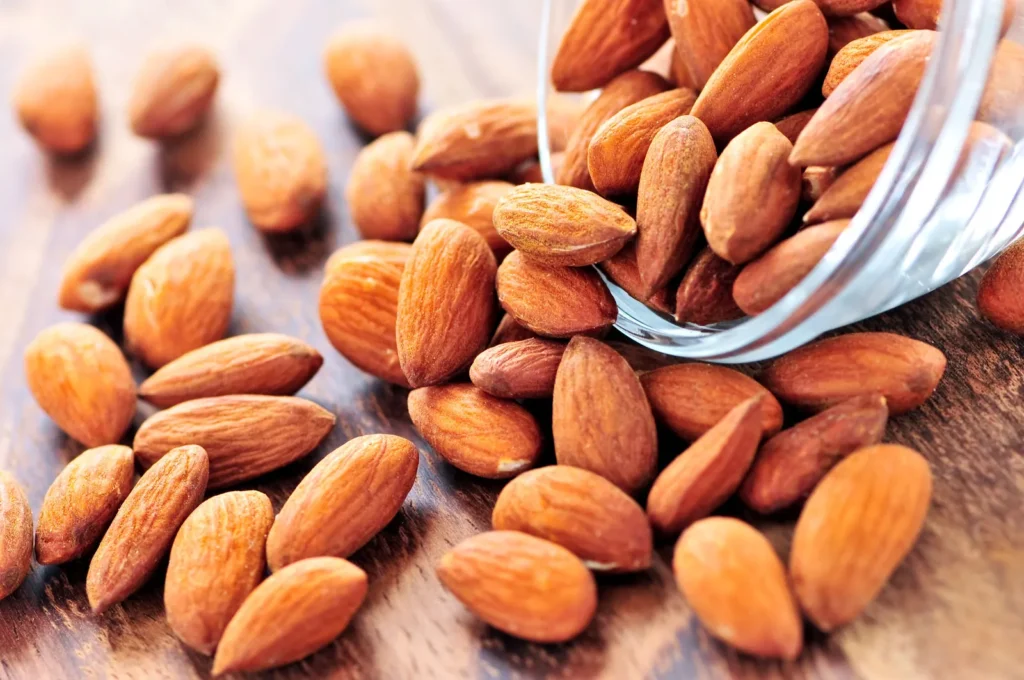
- These are the powerhouses of many essential nutrients.
- They are rich in Calcium, Iron, Protein, Zinc, magnesium, Vitamin E, omega 3 as well as omega 6 fatty acids which help with breastmilk production.
Leafy vegetables

- Leafy greens like spinach, kale, and fenugreek leaves are believed to act as galactagogues due to their nutrient density and specific properties.
- Rich in iron, calcium, magnesium, and vitamins, these greens support overall maternal health and may indirectly aid lactation by preventing deficiencies and promoting energy levels.
- Additionally, some leafy greens contain phytoestrogens, which could potentially stimulate milk production.
